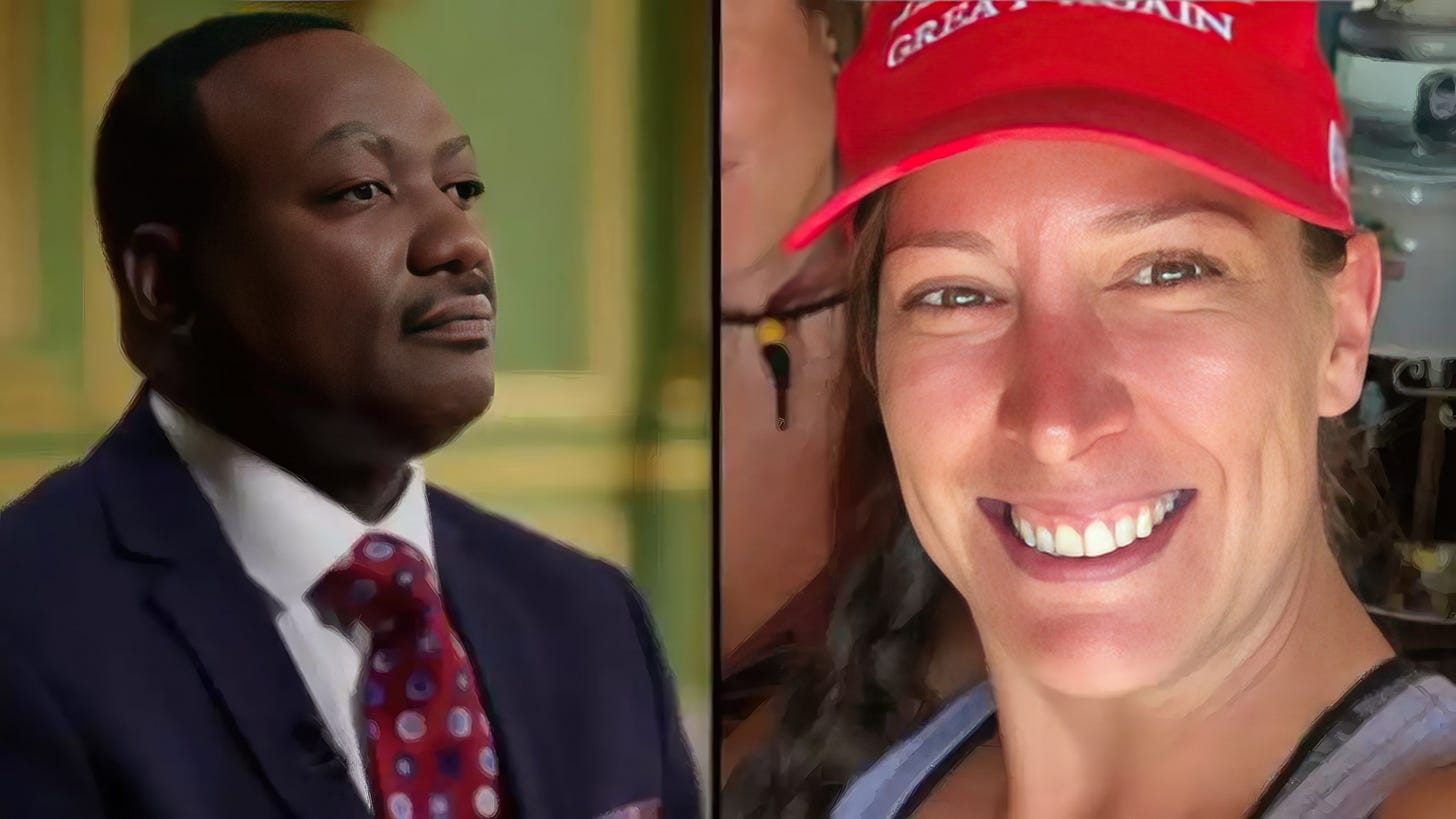Michael Byrd, Ashli Babbitt, and the Lewis List: A Case of Institutional Hypocrisy
In the dark corridors of Washington, there exists a confidential mechanism known as the "Lewis list," maintained by the U.S. Attorney's Office for the District of Columbia. On paper, this list serves as an internal quality control—a catalog of law enforcement officers whose credibility has been compromised to such an extent that their testimony could th…




